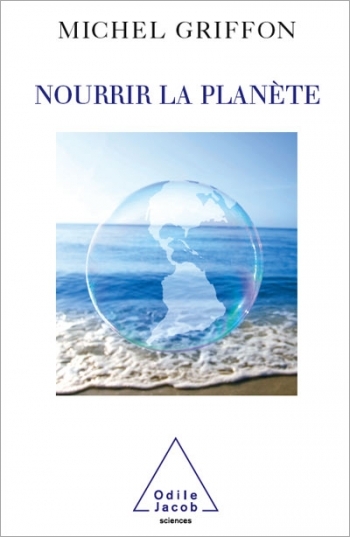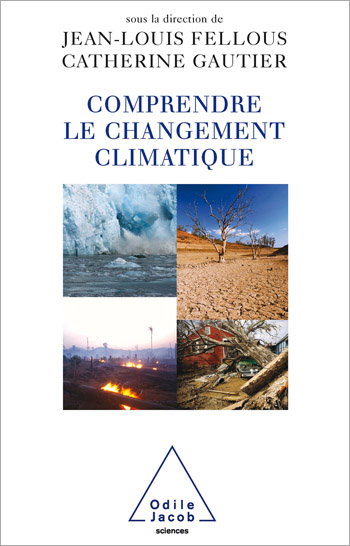Environment, Sustainable Development All books
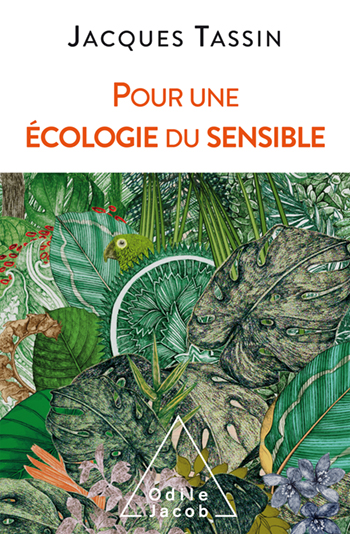
Jacques Tassin
For an Ecology of the Sentient Weaving a new connection with nature
Beyond the posturing and more or less effective remedies, what does “protecting nature” really mean?
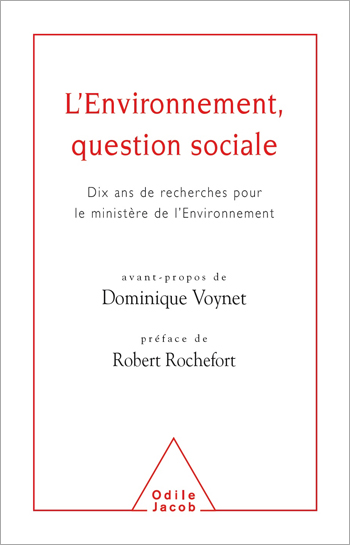
Robert Rochefort, Dominique Voynet
The Environment - A Social Question The Result of Ten Years of Research for the Environmental Ministry
This book collects 31 contributions from sociologists, legal experts, economists, and philosophers. All of these reflections point to two major motifs: that of a durable association between economy and ecology, and that of the principle of precaution necessary in and for future generations.
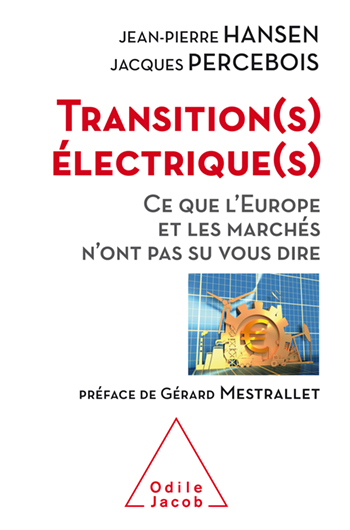
Jean-Pierre Hansen, Jacques Percebois
Electricity in Transition What Europe and the markets couldn’t tell you
The history of electricity as you’ve never heard it before. A genuine mini-guide to economic issues through the example of electricity: price formation, transmission costs, monopolies.
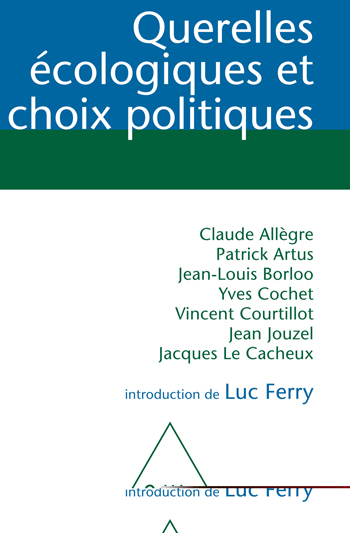
Claude Allègre, Patrick Artus, Jean-Louis Borloo, Yves Cochet, Vincent Courtillot, Jean Jouzel, Jacques Le Cacheux
Ecological quarrels and political choices
Polemics over global warming, the security of nuclear power plants after Fukushima, the depletion of reserves of non-renewable raw materials continue to fuel public concern without succeeding in establishing shared objective representations...
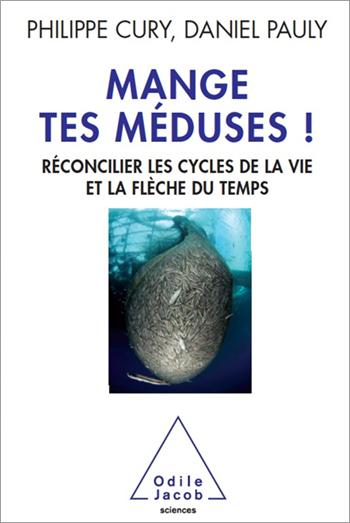
Philippe Cury, Daniel Pauly
Eat Your Jellyfish! Human Impact on Nature
An uncompromising picture of overexploitation, especially of marine resources. Examples of certain actions that have been successfully undertaken show (perhaps) that all has not yet been lost.
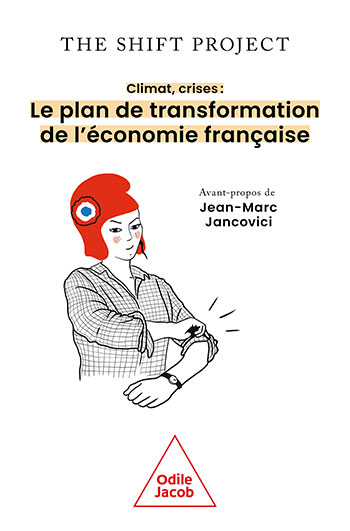
The Shift Project
Crisis, Climate How to Transform the French Economy
The Shift Project, a think tank created by Jean-Marc Jancovici in 2010, aims to clarify and influence the debate on energy transition.
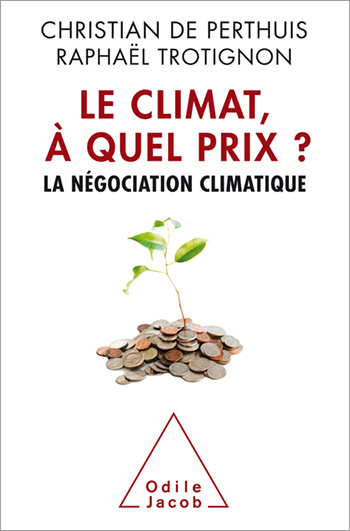
Christian de Perthuis, Raphaël Trotignon
Climat, how much ? Climate Negotiations
Global warming: understanding, anticipating, taking action
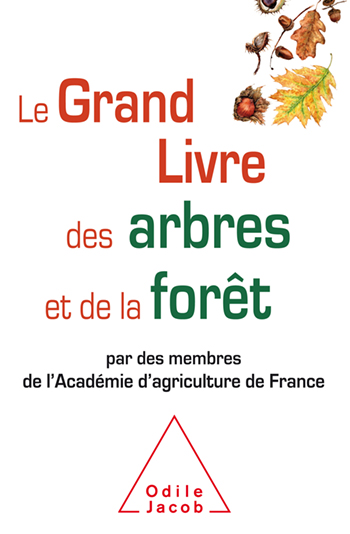
Académie d'agriculture de France
The Big Book of Trees and Forests Draw a forest for me
In the same vein as the Grand livre de notre alimentation [The Big Book of Food], this book responds to all our questions on forests.
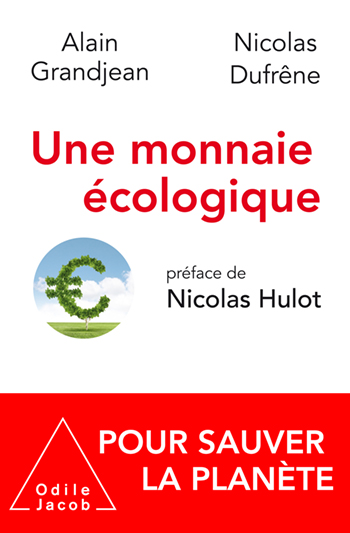
Alain Grandjean, Nicolas Dufrêne
An Ecological Currency to Save the Planet
The economy is being shaped to adapt to the ecological crisis; what is the scope for action? An original solution to save the planet: the ex nihilo creation of a “green currency.”
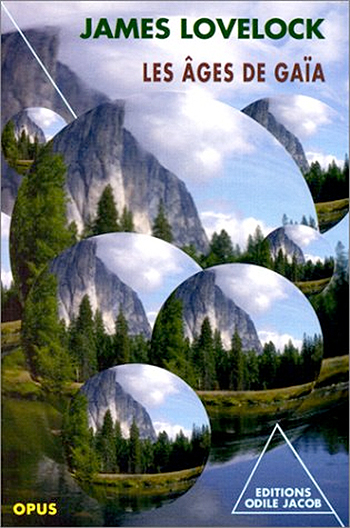
James Lovelock
The Ages of Gaia A Biography of Our Living Earth
The fascinating, controversial and most-worshipped hypothesis of ecologists - that of considering the Earth as the biggest living organism, referred to as Gaïa. It is here discussed by its inventor in person, who shows us that if our planet hasn't always had the same face, it's because there have been several ages corresponding to the predominance of very different species. In three centuries, humanity has wrought more modifications to the face of Gaïa than natural evolution did in millions of years. Although he does not doubt that the Earth, today turned completely upside-down by industrial activities, will find a new equilibrium, he does suppose that it could at the price of the disappearance of man, whose reign represents only one of the ages of Gaïa. Born in 1919, James Lovelock is the author of The Gaïa Hypothesis, a book which shook up the scientific world in the beginning of the seventies and met with great public acclaim.

